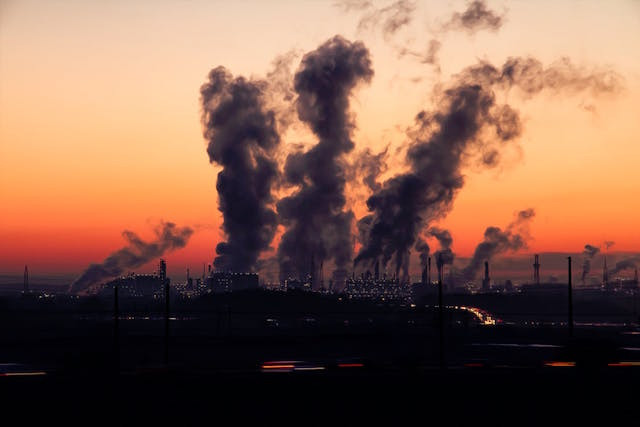The “Initiative pour un devoir de vigilance au Luxembourg” (Luxembourg due diligence initiative) brings together the voices of 13 associations and organisations from Luxembourg society to push for a law to force multinational firms located in Luxembourg to protect, respect and repair any damage to human rights or the environment caused by them anywhere in the world.
“Some companies are conscious of these dangers. Some have ethical charters and codes of conduct. But even if there are steps in the right direction, these instruments don’t prevent human rights abuses and the environmental impact of these companies’ activities,” Antoniya Argirova of ASTM said at the initiative launch on Monday.
Evaluate supply chains
The united front wants legislation to implement compulsory due diligence for multinationals in Luxembourg, to ensure they respect human rights, adhere to working standards and environmental regulations throughout the supply chains of their subsidiaries.
They hope to achieve it by obliging companies to evaluate their supply chains, identify actual and potential risks to human rights and the environment, and take actions to resolve them. These evaluations would be made publicly available. To ensure due diligence is carried out effectively, the initiative is calling for an independent monitoring body that could impose penalties against firms which do not meet their obligations.
Importance for economic stability
Greenpeace Luxembourg campaigner Martina Holbach said the creation of such legislation and controls were not only important for people and the planet but also for the sustainability of the economy. She said that the trend was now for victims of climate change impact to hold polluters to account.
“What we can see is the number of legal cases, especially in the area of fossil fuel use, is rising. We’ve about 500 legal cases worldwide where people stand up and say this company is responsible because the basis of my living is being destroyed through climate change impacts and you have to pay for it and you have to be held liable,” Holbach explained.
One such example in Germany involved Peruvian farmer Saúl Luciano Lliuya who took energy giant RWE to court in Germany demanding community reparations for climate change impact on glaciers whose melting caused flooding in the Peruvian Andes.
“This is important in Luxembourg because it is hugely exposed to fossil fuels not only because we consume and sell it. But also we’ve the second biggest investment [centre] in the world,” Holbach said, adding: “In the mid and long term it’s about the costs of possible court cases, of paying damages to those who are impacted by climate change.”
Multinational in their sights
If successful, one multinational which would come under further scrutiny is the International Chemical Investors Group, whose subsidiary Miteni SpA was cited in a 2013 Italian government report as responsible for large quantities of polyfluoroalkyl substances contaminating drinking water in the Veneto region in Italy, according to a 2017 Somo report.
A 2015 biomonitoring project, meanwhile, also found high concentrations of Perfluoro-octanoic Acid, a carcinogenic substance, in people’s blood. ICIG is headed by its parent company ICI SE in Luxembourg.
The platform is currently comprised of ASTM, Caritas, Cercle de Coopération, CPJPO, Justice et Paix Luxembourg, etika, Fairtrade Lëtzebuerg, Frères des homme, Greenpeace Luxembourg, OGBL, OGBL solidarité Syndicale, Partage.lu and SOS Faim. It has submitted its proposals to political parties and requested they be integrated into their electoral programmes.
